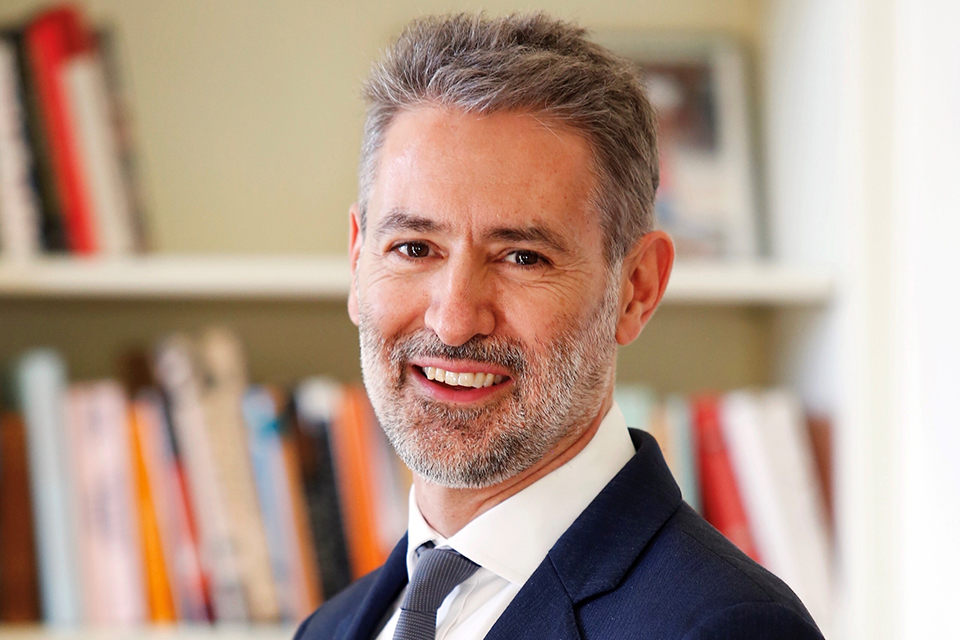UN Human Rights Council 42 - Interactive Dialogue with the UN High Commissioner on Libya
The UK's Ambassador to the UN in Geneva Julian Braithwaite made it clear that an immediate ceasefire and a return to a UN-led political process is essential to improve the human rights situation in Libya.

Deputy High Commissioner, the UK welcomes your work and that of your Office, which is critical in ensuring greater accountability in Libya. We also welcome the Government of National Accord’s commitment to work with OHCHR and this Council.
The UK is gravely concerned by the significant deterioration in the human rights situation in Libya. The international community must think afresh about how to hold those responsible to account.
We condemn all violations and abuses of human rights and international humanitarian law, including unlawful killings, sexual and gender-based violence, and attempts to silence journalists, members of civil society and human rights defenders. We are deeply concerned by the continued disappearance of House of Representatives member, Seham Sergiwa, and call on the relevant authorities to investigate the matter urgently.
The conflict in Libya has cost the lives of over 100 civilians and displaced over 100,000. More must be done to protect civilians, including migrants and refugees in recent weeks. The abhorrent attacks on civilians, including on the Tajoura Detention Centre in July, are completely unacceptable.
The UK is clear that an immediate ceasefire and a return to a UN-led political process is essential to improve the human rights situation in Libya. To this end, we fully support the efforts of the Special Representative, Ghassan Salamé, and call on all parties to engage meaningfully.
High Commissioner,
We would appreciate an update on OHCHR’s efforts to prevent impunity and ensure accountability in Libya. What impact has the conflict had on this work and how can the Council further support your efforts?